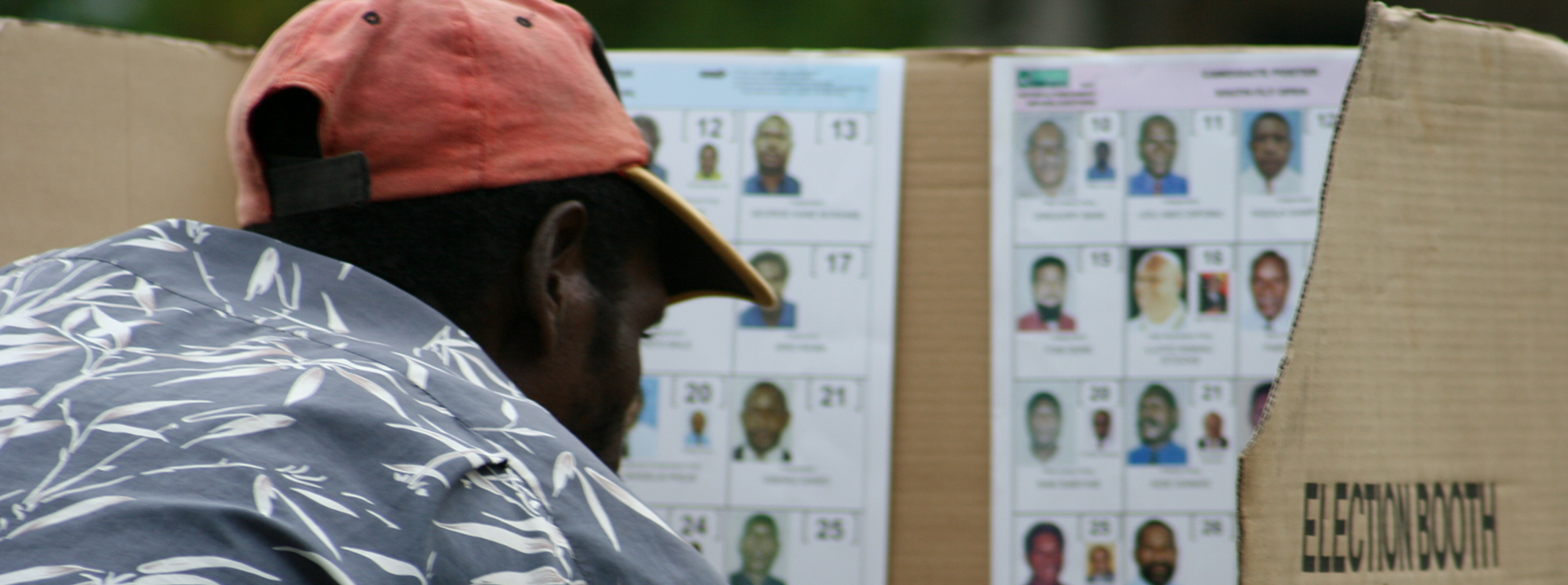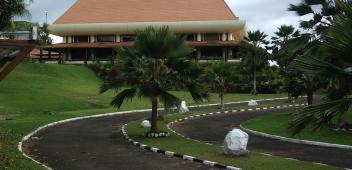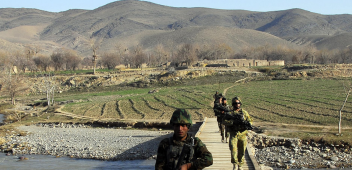The 2012 national elections in Papua New Guinea: Averting violence
The 2012 general elections in Papua New Guinea are likely to be marred by violence. The increased financial bounty at stake, the enhanced value of political office, the proliferation of weapons, and pressures on PNG’s Electoral Commission, Defence Force and police combine to highlight security concerns around the elections, particularly in the Highlands provinces.

- The 2012 general elections in Papua New Guinea are likely to be marred by violence
- The PNG Government will need foreign support in the areas of administration, security and logistics
- Longer-term support on an ongoing basis should be negotiated between the PNG Government and the international community
Executive Summary
Election-related violence on its own does not necessarily have an impact on the quality and stability of the government that takes power after the elections. But it has the potential to affect confidence in the ability of the PNG government to deliver free and fair elections in the longer term, which has wider consequences for public trust in PNG’s democracy. It also sends negative signals to the international community at a time when PNG should be taking advantage of the resources boom and attracting broader-based foreign investment.
In the months before every election in PNG, there are reports that the Electoral Commission is underprepared to hold elections, that there are problems with the roll and with voter identification, that there will be violence, that security forces are under-resourced to deal with violence and that there will be significant corruption associated with various seats. The 2012 elections are no different.
The obvious negative consequences of these flaws in PNG’s electoral processes are that voters who should be on the roll are denied the right to vote, that a number of voters vote more than once, that there is loss or damage to lives and property. There should therefore be doubts about the legitimacy of the election of individual candidates who win by small majorities in seats affected significantly by these flaws.
Although none of these has yet affected the legitimacy of the government coalition that forms after elections or that government’s capacity to govern, they undermine the quality and reputation of PNG’s democracy.
While violence in PNG’s elections is usually limited to the Highlands provinces, it should be noted that over 50 per cent of PNG’s 111-seat Parliament are Highlands seats. Members of parliament from Highlands provinces are exercising more influence in PNG politics and are increasingly dominant players. If violence continues to be a factor in elections in these provinces and is an accepted norm for candidates from the Highlands, there is a risk that it will become an entrenched factor of future elections.
Countries which share PNG’s Westminster democratic system should be concerned about the continual problems with PNG’s electoral processes. As long as elections in PNG are flawed, high-quality candidates will think carefully about whether to nominate. An election process that is perceived to be corrupt or unwinnable because of the high personal costs and risks associated with running a campaign will deter many potentially good candidates, and particularly women candidates, from nominating. This eventually has an impact on the quality of a government and its ministers.



